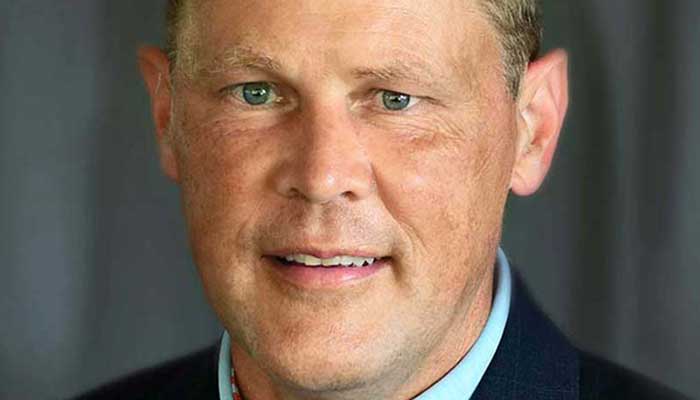Transforming Systems of Care: What’s Going On in Racine County

Do you remember your first job as a helper? Mine goes back more than 25 years when I was hired as a Treatment Foster Care therapist for Community Impact Programs in Racine, Wisconsin.
I still remember so many formative experiences: my first court hearing, my first missed court hearing (which got me properly chewed out by the county case manager), my first client who attempted suicide and had to be rushed to the hospital, my first time knocking on strangers’ doors trying to find a missing child, and my first experience struggling with the tragedy and loss of hearing about a former client being shot and killed.
I remember the first time I realized my view of the world as a safe and opportune place was something many of my clients didn’t have, and the first time I realized that the people who choose to do this work are indeed remarkable, and dare I say heroic.
The four years I spent in Racine will forever hold a special place in my heart. So, when Kerry Milkie reached out to me three years ago, I was all ears. Kerry is the manager of the Racine County Human Services department. The department wanted to learn more about infusing a Trauma Informed Care perspective into their work, from child welfare to police officers and judges.
Read the Racine Case Study >>
Fast forward to today, Racine County has seen an incredible amount of success in keeping children safe at home and out of the system. They have achieved a 50% decrease in children in out-of-home care, from a consistent 400 children each month in 2017, 250 in 2018 and 174 in the final months of 2020.
Of the five largest counties in Wisconsin, Racine was the only one to exceed the federal requirement of children returning home from care. Generally, less than 4% of children now return to care after reunification.
After three years of working with so many former colleagues and amazing members of the community, I have a whole new set of Racine memories. Mostly though, I have a deep, state level feeling of possibility and hope.
You can read more about this project and learn how Racine was able to achieve these results, by downloading the full Racine Case Study >>








